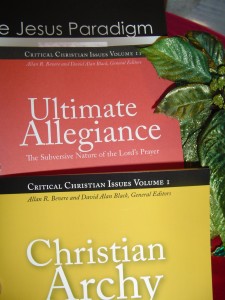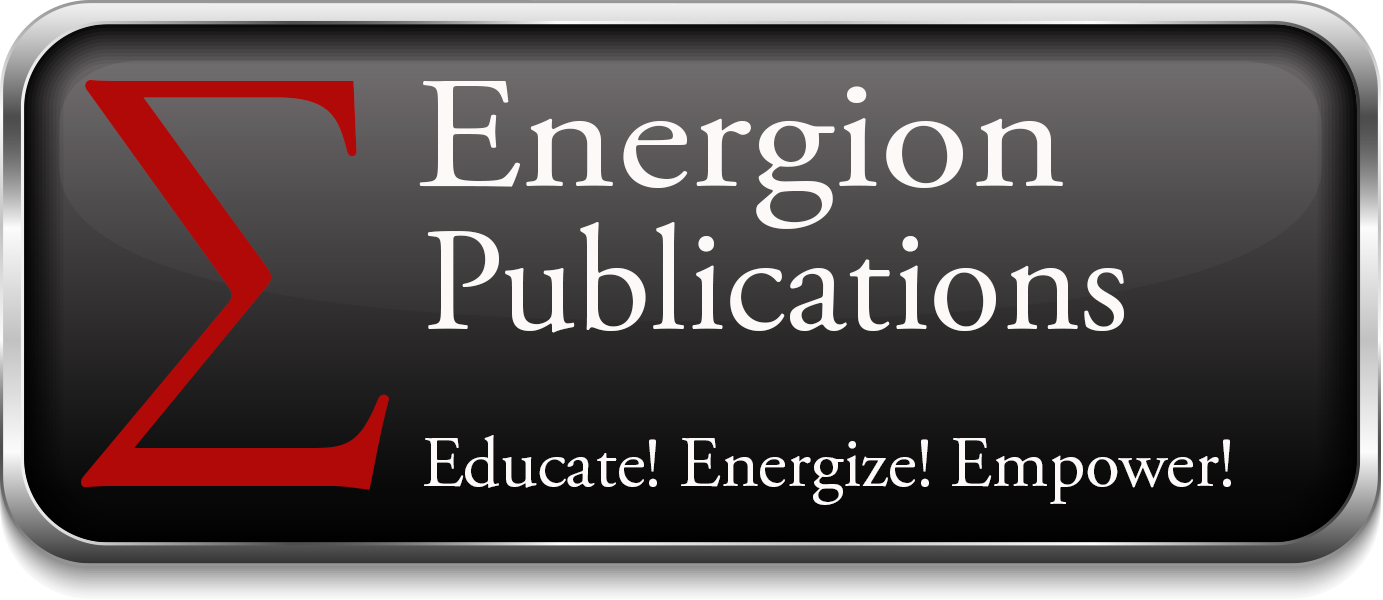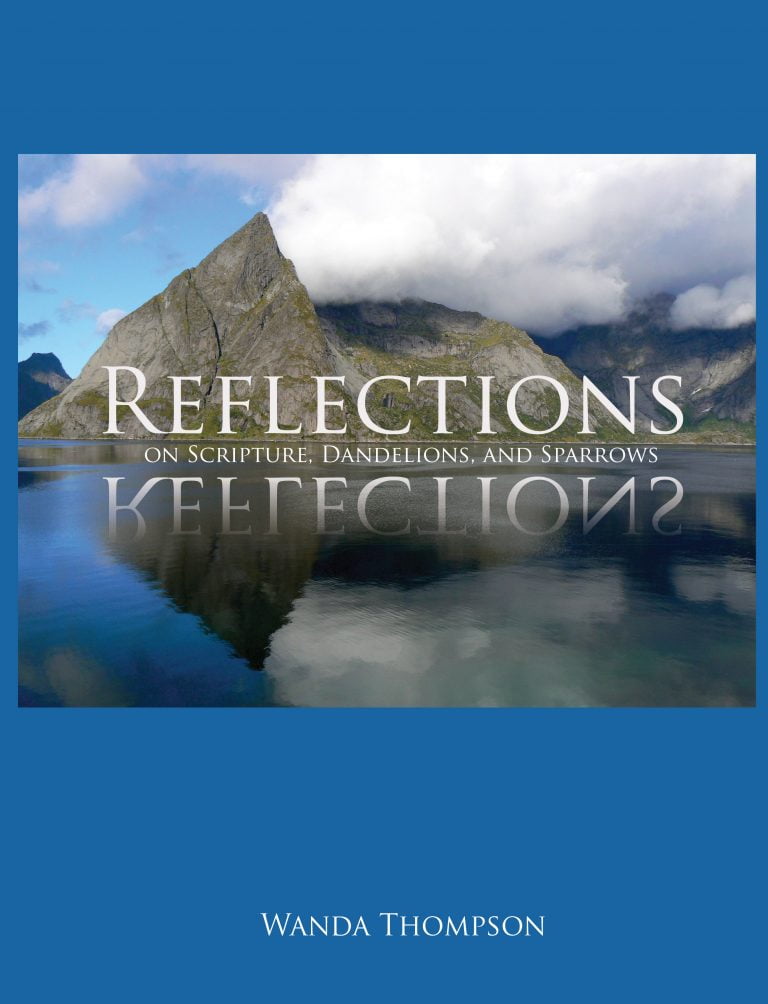Why Did You Publish THAT Manuscript?
 I’m going to pause in my series of posts on what manuscripts we want to respond to a number of comments I’ve received regarding books we have published.
I’m going to pause in my series of posts on what manuscripts we want to respond to a number of comments I’ve received regarding books we have published.
Let me make an important note here. We judge manuscripts and not authors here at Energion Publications. What do I mean? I don’t try to determine whether an author is a good person, or whether all of that author’s beliefs are appropriate. We simply look at the book to determine whether it fits within our mission.
But pretty much every book we’ve published has caused somebody to ask the question in the title: Why did you publish that book? It’s different people every time. I even had someone I know quite well tell me that he had burned one of the books that I publish because he didn’t want it polluting his shelves.
Does that make me angry? Actually, no it doesn’t. I hope that the books published by Energion will challenge people and make them less comfortable with the way things are, especially in the American church. I think all of the groups I include in our target audience can learn from the others. I can live with it if one of my friends wants to burn one.
At the risk of offending some of the groups involved (more directly than by publishing a book that annoys them), I want my Charismatic brothers and sisters to learn something about Bible study from my Baptist brethren. I think my Baptist brothers and sisters can learn something about the work of the Holy Spirit from my Charismatic brothers and sisters. Various of my liberal and progressive brothers and sisters can teach others about social action, while they might learn something about the theological underpinnings of mission rather than simple social service from the other groups.
Now that last paragraph misrepresents a large number of people in each of those groups. There are liberals whose work of social service are part and parcel of their mission for Jesus Christ, Baptists who are fully aware of the work of the Holy Spirit, and Charismatics who are very strong on Bible study. But in my view there’s nothing like getting challenged by the folks down the street to grow in our knowledge and love for God!
If we dismiss our theological opponents because we disagree, we lose the benefit of learning from them. We don’t need to homogenize our beliefs. We don’t need to give up what we believe to be truth. What I believe we need to do is listen, check what we believe to make sure it is indeed valid.
I’m going to go a bit further on this to mention some specific books. Our book Holy Smoke! Unholy Fire! by Dr. Bob McKibben has offended some of our Charismatic friends. Why? Because it challenges some of their beliefs and practices. But there are many solid points of theology in that book, and all of its points are supported by scripture. Are they all correct? One can disagree, as the author himself acknowledges. I think any Charismatic congregation would benefit by reading and studying that book. If you come out disagreeing, that’s fine. But give the serious points Bob makes your serious consideration.
David Alan Black’s book The Jesus Paradigm has produced any number of comments, mostly in two groups: Politics and Ecclesiology. On politics, Dave challenges the occasional conservative sacred cow, largely because he challenges our civil religion. I’ve heard a couple of negative comments about this. But who can really be comfortable with the status of American Christianity on this issue? On ecclesiology, the question is whether the book is going to tear down all lines of authority in the church. I think that’s an exaggeration, yet Dave does question our structures and top-down authority. But I think we would all do well to ask how we can live lives worthy of the gospel and carry out such ministry, no matter what our ecclesiology. And should we find out that our ecclesiolgy won’t let us do what we need to do, perhaps we should change it. At a minimum we owe it to ourselves to ask the questions.
The reason I published that manuscript (whichever one you identify as that) is I think we all need to let it force us to think, to pray, and hopefully to come closer to the church Jesus Christ calls us to be.

